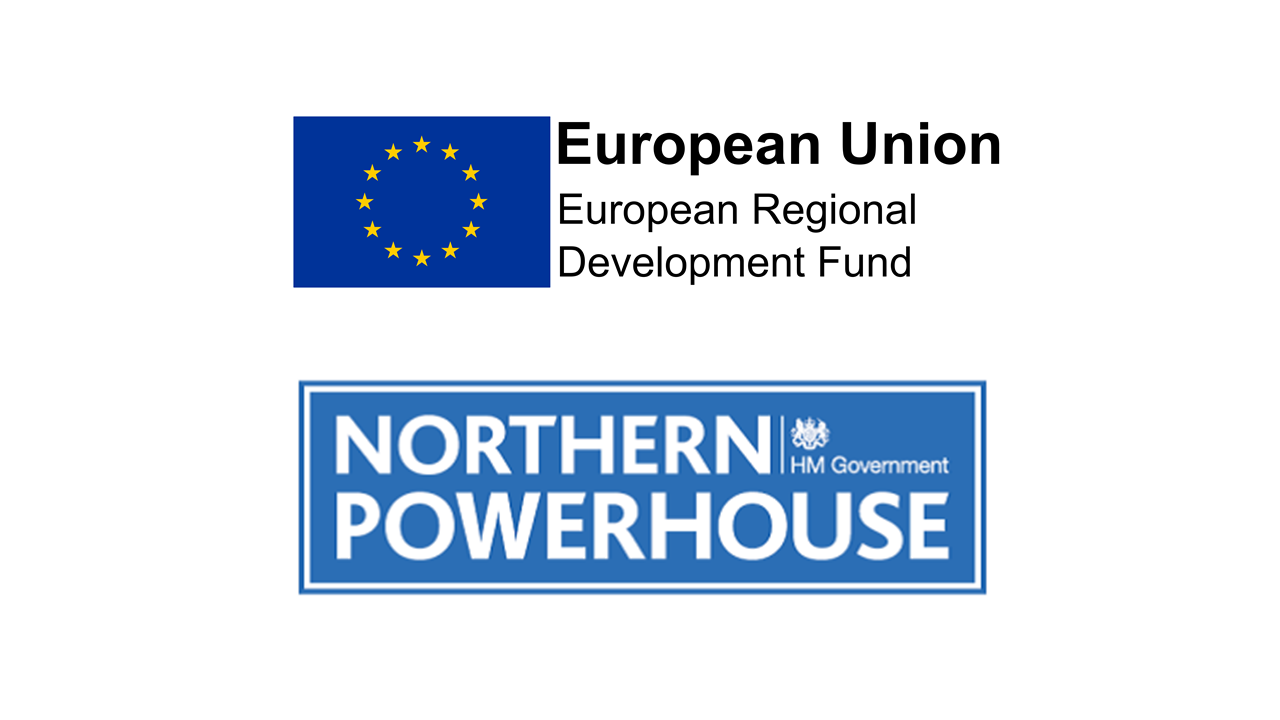UCEGM is a pioneering project that has delivered a number of renewable schemes across the Greater Manchester city region and has created a blueprint that can be replicated in other regions across the UK aiming for Net Zero carbon emissions.
Greater Manchester Combined Authority declared a climate emergency in 2019 and launched its 5-year Environment Plan, which sets out a long-term environmental vision to be carbon neutral by 2038 and the urgent actions that need to be taken in the next 5 years to help achieve this.
The Unlocking Clean Energy in Greater Manchester (UCEGM) Project was conceived of as part of this vision. UCEGM is a pioneering project that has delivered a number of renewable schemes across the Greater Manchester city region and has created a blueprint that can be replicated in other regions across the UK aiming for Net Zero carbon emissions.
Energy Systems Catapult, in partnership with five Greater Manchester local authorities – Manchester, Rochdale, Salford, Stockport and Wigan – secured £8.6m from the European Regional Development Fund (ERDF) to deliver the project.
The opportunity
The three-year, £17.2m UCEGM project delivered and implemented actions and priorities from the Local Industrial Strategy and the Manchester Combined Authority Five-Year Environment Plan, and contributed towards the 2024 goals set out within the Whole System Smart Energy Plan for Greater Manchester.
UCEGM aims to contribute 22% of the renewable energy generation target set out in the 5-year plan as a step towards the region’s aspiration to be carbon neutral by 2038.
The project
UCEGM was split into two workstreams:
- The first workstream was focused on delivering renewable energy schemes across Greater Manchester.
- The second workstream was focused on developing routes to market for further projects that will be less reliant on grant funding.
Workstream 1
Workstream 1 capitalised on under-utilised council-owned sites and buildings, to develop:
- 10 Megawatts of solar PV and hydro-electric generation,
- battery storage,
- electric vehicle (EV) charging, and
- smart energy management systems.
Target outputs
- Generating electricity locally to reduce long-term costs for local authorities.
- 10 MW new renewable energy generation capacity – 22% of 2024 target for new capacity in Greater Manchester.
- 8,881 MWh annual generation of clean electricity from renewable sources.
- 3,134 tCO2 annual reduction in carbon emissions across Greater Manchester.
Workstream 2
The aim of Workstream 2 was to create a stronger business case for investment to help bring forward more projects in the future with less reliance on grant funding.
To do this, the Catapult worked with partners in Greater Manchester to
- Develop and test outline business model approaches,
- Assess costs, benefits, risks, opportunities,
- Design and validate business model in detail for most promising option(s), and
- Support adoption of the model.
The commercial model has been developed using funding and information provided by Workstream 2.
This tool can be used by renewable energy project developers as well as large energy consumers willing to procure renewable energy, to assess the economic sustainability of solar photovoltaics installations. Users without any technical or financial background can perform a financial assessment of a solar project and quickly generate results, in a pdf or CSV (Excel) format, to be shared with other colleagues and partners.

